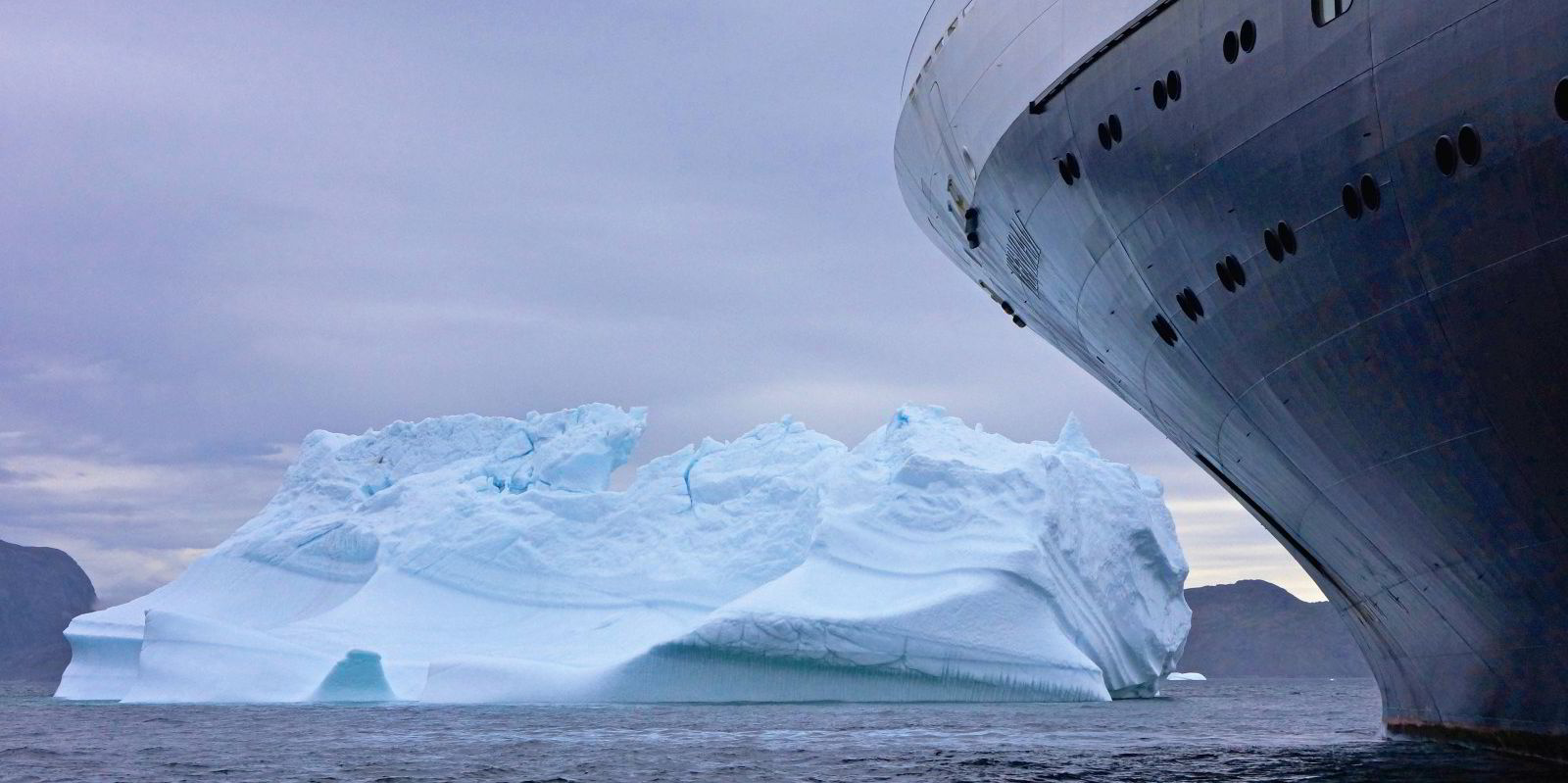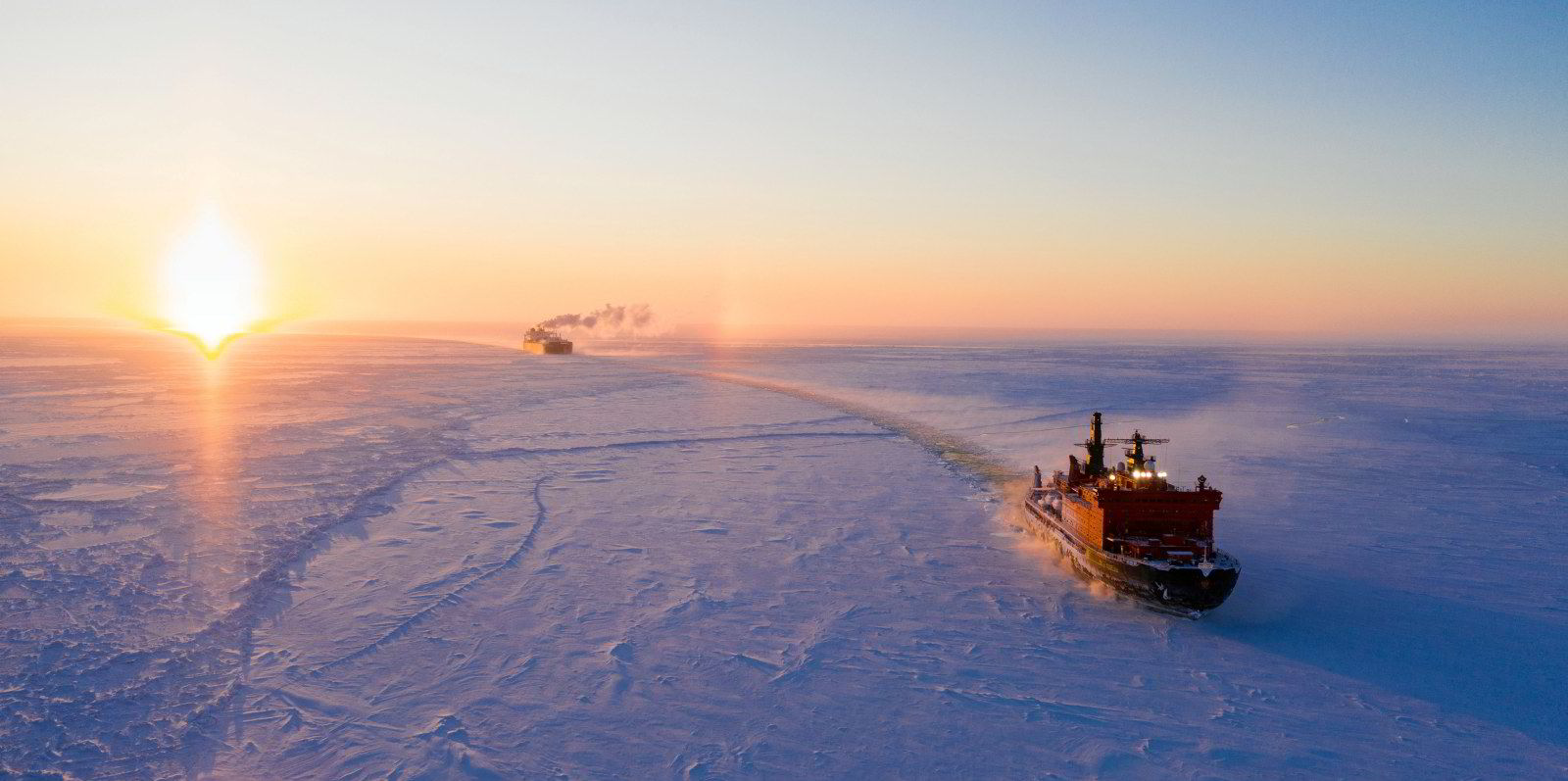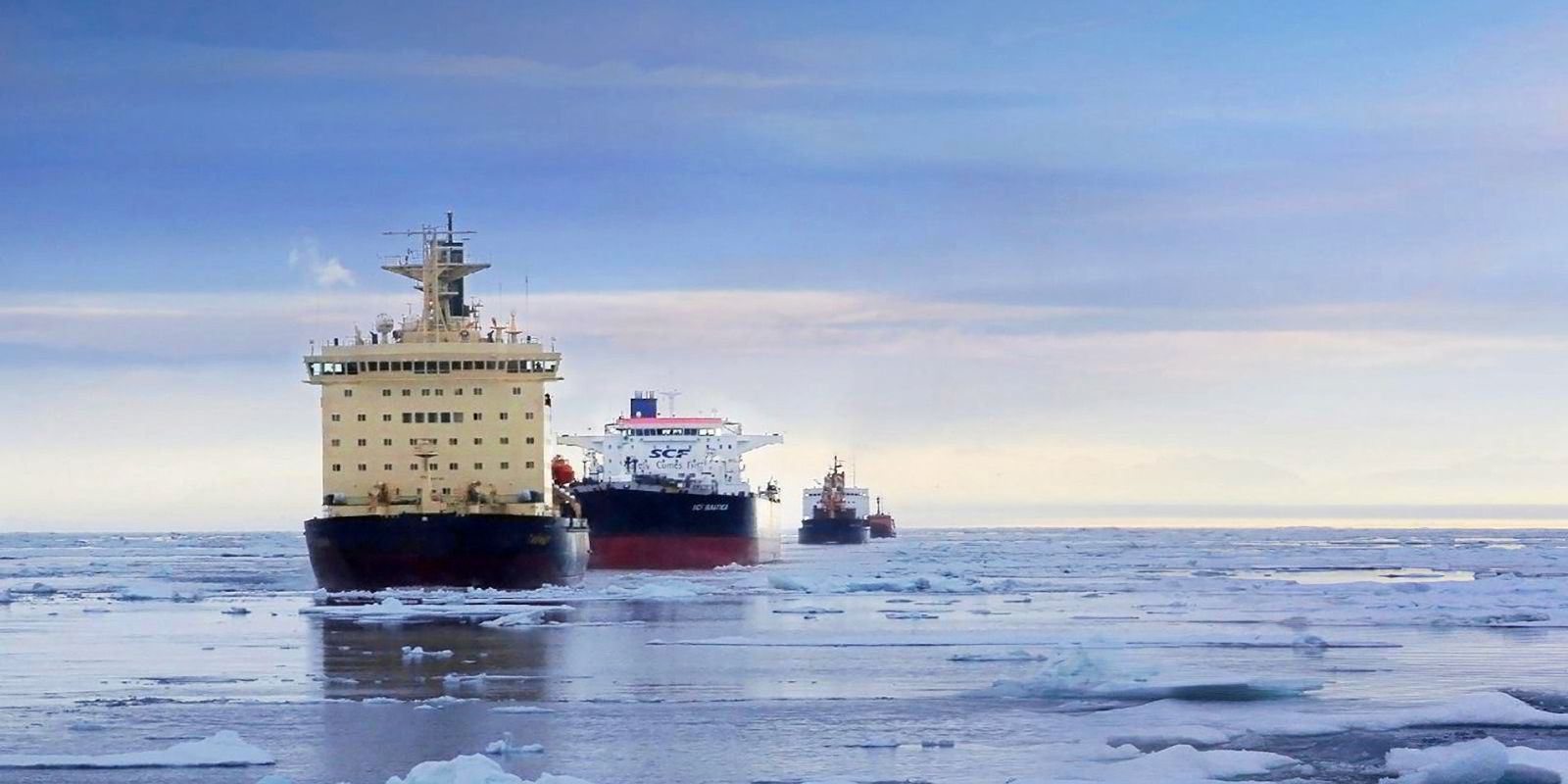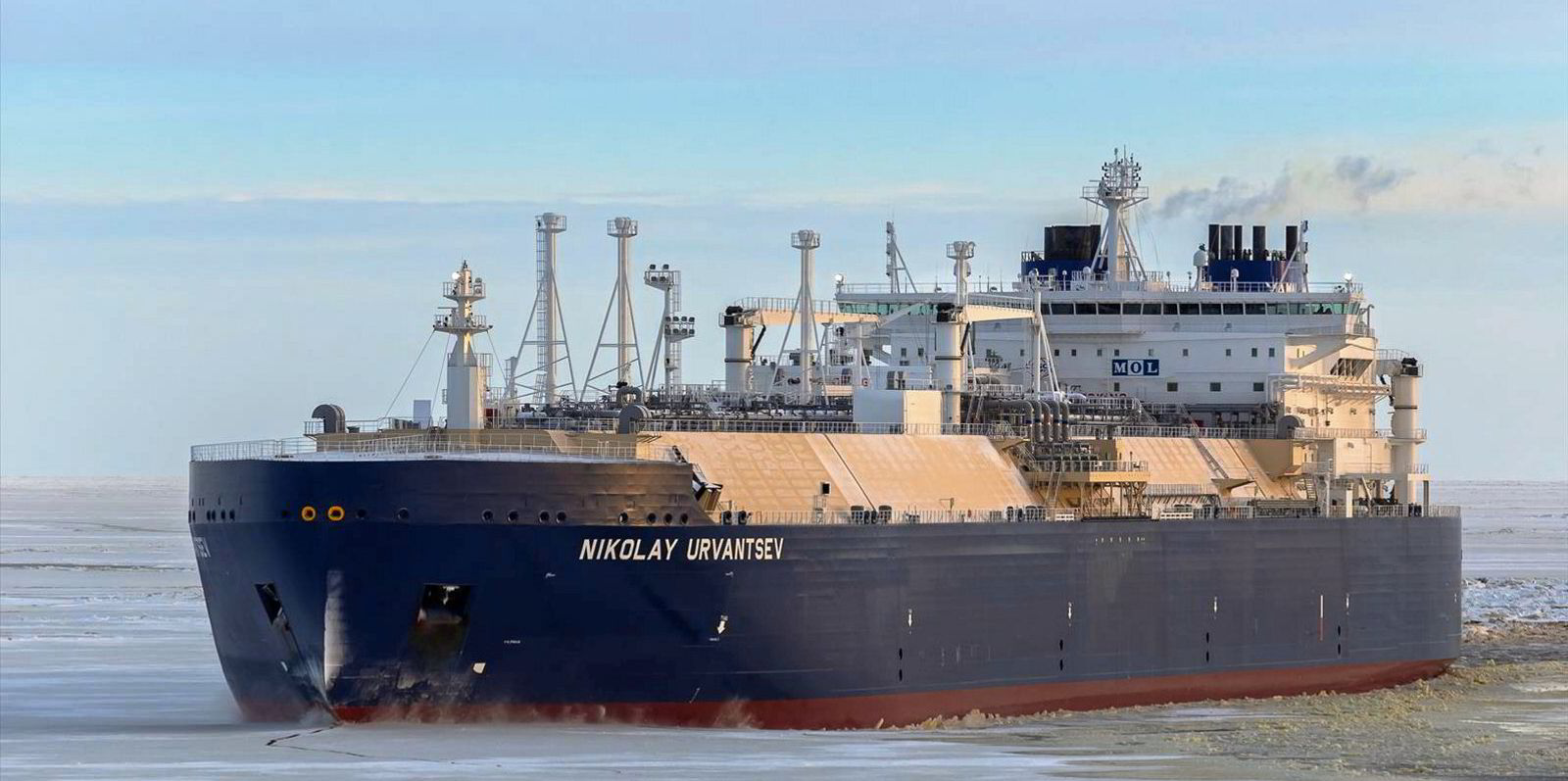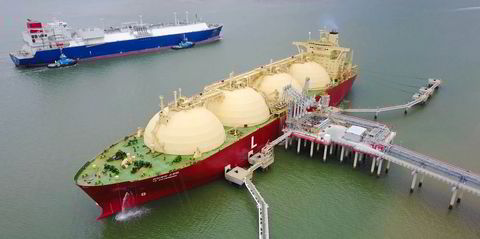Sea ice is expected to vanish from the Arctic for increasing periods as a result of global warming, opening up new areas to shipping, according to a major United Nations report on the world’s changing climate.
The Intergovernmental Panel on Climate Change (IPCC) report, which was published on Tuesday, has made headlines for claiming that limiting global warming to 1.5C or 2C above pre-industrial levels might be beyond reach without immediate action.
“The Arctic is projected to be ice-free more often during summer under 2C global warming compared to 1.5C global warming, opening new shipping lanes for international commerce and lengthening the season for offshore resource extraction,” scientists wrote in the Climate Change 2021 report.
“Iceberg numbers are expected to increase as a result of global warming, forming an elevated hazard to shipping and offshore facilities.”
Ice-free
The report's authors detailed that the Arctic Ocean is likely to be practically ice free in September at least once before 2050 under the five scenarios considered in the report, with more frequent occurrences for higher warming levels.
“There is high confidence that sea ice in the Arctic will further decrease in the future under all emission scenarios,” they said.
The lengthy IPCC report described it as “virtually certain” that the Arctic will continue to warm more than the global surface temperature, at above two times the rate of global warming.
This is projected to further increase permafrost thawing, and loss of seasonal snow cover, of land ice and of Arctic sea ice.
In contrast, the report found “no clear observed trend” in the Antarctic sea ice area in the period from 1979 to 2020.
The IPCC report concludes that human influence is “very likely” the main driver behind the decrease in Arctic sea ice.
It detailed that in the 2011 to 2020 period annual average Arctic sea ice area reached its lowest level since at least 1850, with late summer Arctic sea ice area smaller than at any time in at least the past 1000 years.
Black carbon
The report brought a swift response from the Clean Arctic Alliance.
“The IPCC findings make the levels of climate ambition and timelines currently on the table for shipping at the International Maritime Organization totally inadequate," lead advisor Sian Prior said.
"It is imperative that measures due for adoption later this year be strengthened to ensure they drive fast deep cuts in CO2 and black carbon emissions from ships, especially those visiting the Arctic.”
But the world’s ocean’s are also getting warmer, less oxygenated and their acidities are changing, which may have other implications for shipping.
The report said the global ocean has warmed faster over the past century than since the end of the last ice age around 11,000 years ago.
The surface area of the open ocean has become more acidic due to human influence and the release of CO2, and oxygen levels have dropped in the upper regions since the mid-20th century.
Future projections also indicate freshening of the Pacific, Southern and Indian Oceans and a saltier Atlantic Ocean. Marine heatwaves — where water temperatures are abnormally warm for the time of year — will continue to increase, particularly in the tropical ocean and the Arctic.
- The Intergovernmental Panel on Climate Change (IPCC) is the United Nations body for assessing the science related to climate change.
- It was set up in 1988 by the World Meteorological Organization and United Nations Environment Programme to provide policymakers with regular assessments of the scientific basis of climate change, its impacts and future risks, and options for adaptation and mitigation.
- The IPCC does not conduct its own research but identifies where there is agreement in the scientific community, where there are differences of opinion and where further research is needed.
- Since 1988, the IPCC has produced five Assessment Reports and several Special Reports on specific topics.
- The Fifth Assessment Report (AR5) was finalised between 2013 and 2014. Its key findings are that human influence on the climate system is clear; the more we disrupt our climate, the more we risk severe, pervasive and irreversible impacts; and that we have the means to limit climate change and build a more prosperous, sustainable future.
- This is the sixth assessment report (AR6)
